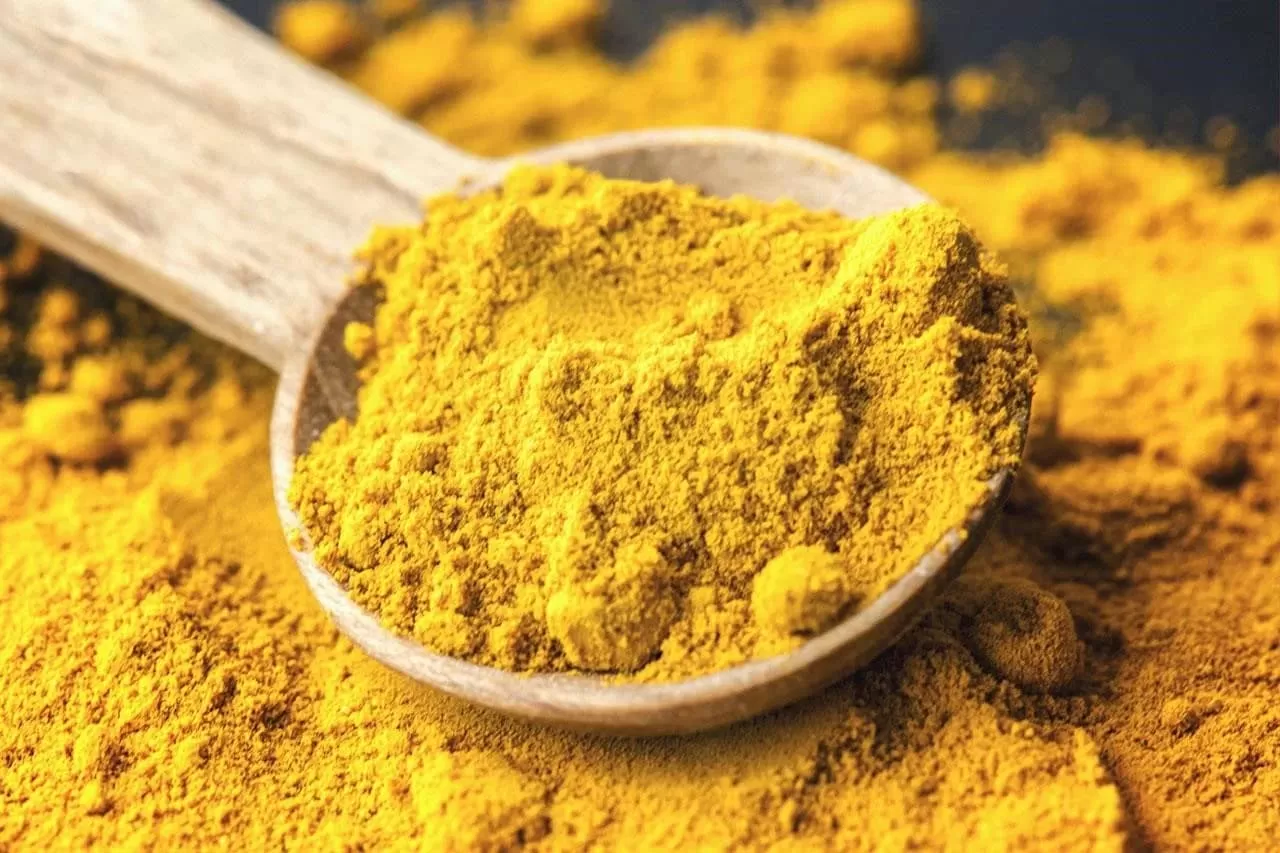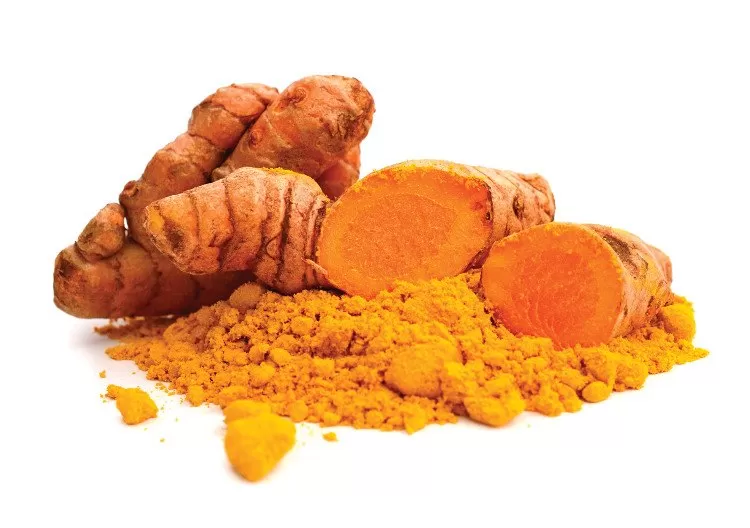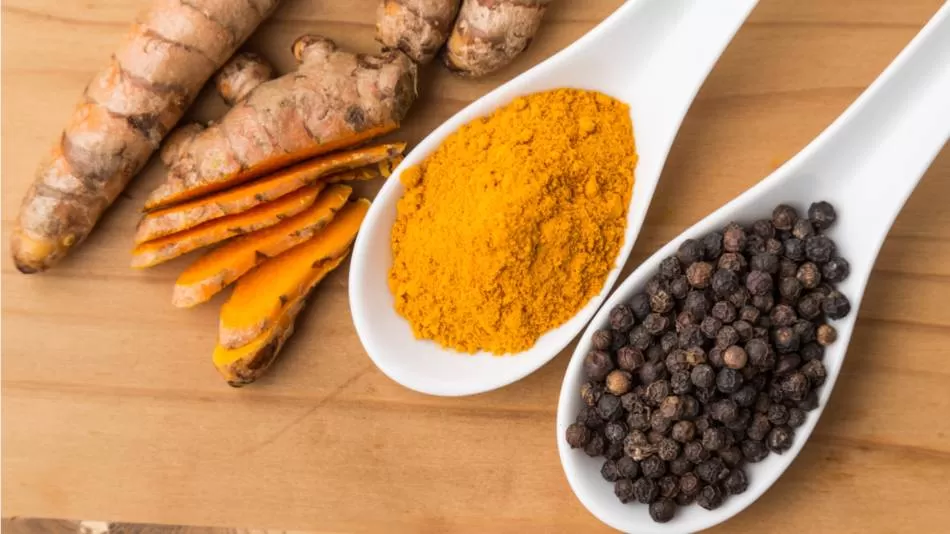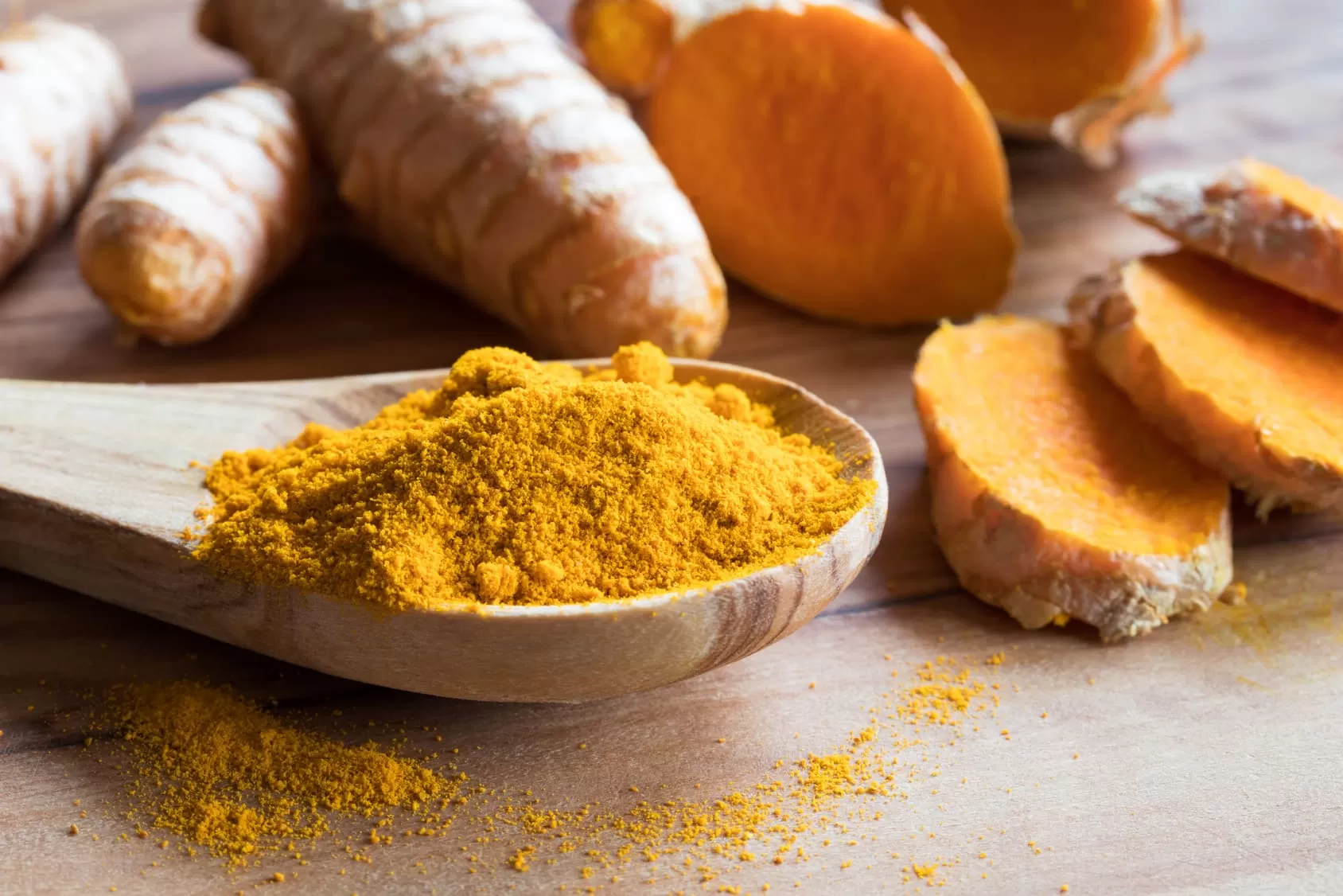- 0086-571-85302990
- sales@greenskybio.com
Is curcumin good for the liver?
2025-04-28

Curcumin, a bright yellow compound derived from turmeric (Curcuma longa), has cultivated significant attention for its potential health benefits. Widely used in traditional medicine, particularly in India and other parts of Asia, Curcumin is celebrated for its anti-inflammatory and antioxidant properties. As interest in natural health remedies continues to grow, researchers have been exploring Curcumin's potential therapeutic effects on various organ systems, including the liver. This article delves into the current understanding of curcumin's impact on liver health, evaluating both its promising benefits and the areas where further research is needed.
Understanding Liver Function and Health
The liver is a vital organ responsible for numerous critical functions. It detoxifies chemicals and metabolizes drugs, synthesizes essential proteins, and regulates levels of glucose and cholesterol in the bloodstream. Given its central role in maintaining overall health, liver dysfunction can lead to serious complications. Factors such as excessive alcohol consumption, obesity, viral infections like hepatitis, and exposure to toxins can compromise liver function, resulting in conditions such as fatty liver disease, cirrhosis, and liver cancer.
With liver health being an essential component of bodily function, there is considerable interest in finding effective ways to support and protect this vital organ, and curcumin has emerged as a promising candidate in this domain.

Curcumin's Biological Effects
Curcumin's therapeutic effects are largely attributed to its potent anti-inflammatory and antioxidant properties. Inflammation plays a key role in the progression of liver diseases, and curcumin's ability to modulate inflammatory pathways could be beneficial. Additionally, curcumin's antioxidant activity helps neutralize harmful free radicals, protecting liver cells from oxidative stress, a factor implicated in liver damage.

Research into Curcumin and Liver Health
A growing body of research has been investigating curcumin's potential benefits for liver health. Some studies have indicated that curcumin might help prevent liver damage and improve liver function by reducing oxidative stress and inflammation. Preclinical trials have shown that curcumin supplementation can mitigate liver injury in models of fatty liver disease and liver fibrosis, primarily due to its anti-inflammatory capabilities. Curcumin's ability to modulate signaling pathways that regulate cell proliferation and apoptosis provides further evidence of its hepatoprotective qualities.

Liver Disease Management
One of the most exciting prospects of curcumin supplementation lies in its potential ability to manage non-alcoholic fatty liver disease (NAFLD), a condition increasingly seen in individuals with obesity and insulin resistance. NAFLD can progress to more severe liver damage, including non-alcoholic steatohepatitis (NASH), fibrosis, and cirrhosis. Studies suggest that curcumin may help reduce lipid accumulation and improve liver enzyme levels, thereby supporting liver health in patients with NAFLD. Similarly, its anti-inflammatory properties might help in reducing liver fibrosis by inhibiting hepatic stellate cell activation, a key factor in fibrogenesis.
Curcumin has also been investigated for its potential to aid in the treatment of viral hepatitis. Some preliminary studies have suggested an impact on viral replication and liver inflammation, although more robust clinical trials are needed to validate its efficacy in this context.
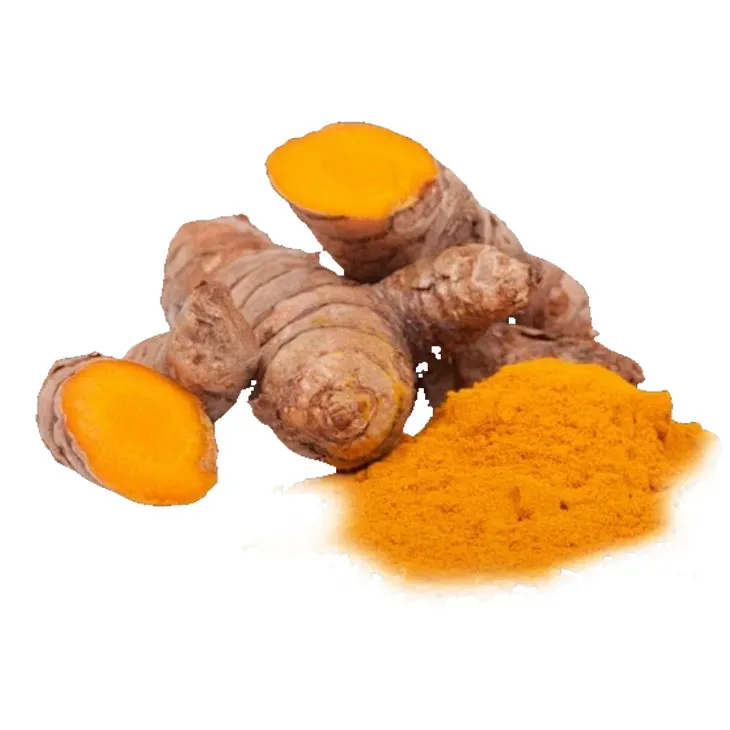
Safety Considerations and Bioavailability Challenges
While curcumin offers significant promise, several challenges remain. One of the primary obstacles relates to curcumin's bioavailability. Curcumin is poorly absorbed when taken orally, which limits its effectiveness. Researchers are exploring various methods to enhance its absorption, such as using nanoparticles, liposomes, or conjugating curcumin with other compounds to improve its delivery to target tissues.
Moreover, high doses of curcumin can lead to gastrointestinal discomfort, and long-term safety studies are warranted to better understand its effects in chronic supplementation scenarios. As with any supplement, it is crucial for individuals to consult healthcare professionals before incorporating curcumin into their health regimen, especially those with pre-existing conditions or those taking other medications, to avoid potential interactions.
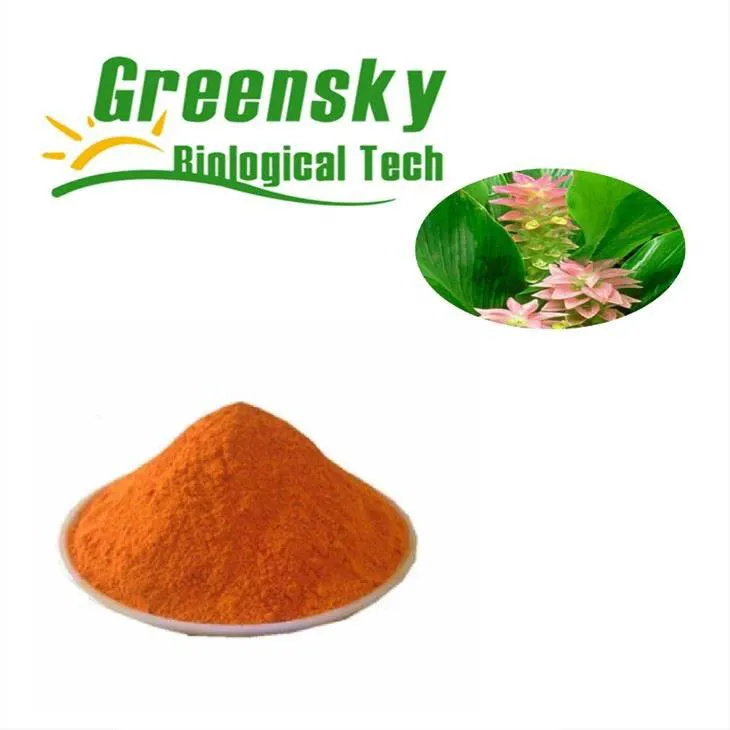
Conclusion
Curcumin stands out as a promising natural compound with potential benefits for liver health, offering protective effects through its anti-inflammatory and antioxidant properties. Its role in mitigating liver injury and supporting liver function in conditions like NAFLD highlights its therapeutic potential.
However, despite these promising indications, the research on curcumin's impact on liver health is still developing. Larger-scale clinical trials are necessary to fully understand its efficacy and safety profile. Improvements in curcumin’s bioavailability also remain a critical area of research to enhance its therapeutic potential.
In conclusion, while curcumin may be beneficial for liver health, it should be considered part of a broader, holistic approach to liver care. Lifestyle factors, such as maintaining a balanced diet, regular exercise, and avoiding toxins, play vital roles in liver health. As researchers continue to explore curcumin’s benefits, it may well become a valuable component in comprehensive strategies aimed at protecting and supporting liver health.
- ▶ Hesperidin
- ▶ citrus bioflavonoids
- ▶ plant extract
- ▶ lycopene
- ▶ Diosmin
- ▶ Grape seed extract
- ▶ Sea buckthorn Juice Powder
- ▶ Beetroot powder
- ▶ Hops Extract
- ▶ Artichoke Extract
- ▶ Reishi mushroom extract
- ▶ Astaxanthin
- ▶ Green Tea Extract
- ▶ Curcumin Extract
- ▶ Horse Chestnut Extract
- ▶ Other Problems
- ▶ Boswellia Serrata Extract
- ▶ Resveratrol Extract
- ▶ Marigold Extract
- ▶ Grape Leaf Extract
- ▶ blog3
- ▶ blog4
- ▶ blog5
-
What is the most effective form of curcumin?
2025-04-28
-
Turmeric vs. Curcumin: Which is Better?
2025-04-28
-
Can curcumin have side effects?
2025-04-28
-
Curcumin Extract: When Should You Take It?
2025-04-28
-
Angelica sinensis extract
2025-04-28
-
Grape Seed Extract
2025-04-28
-
Beta Carotene
2025-04-28
-
Bitter Melon Extract
2025-04-28
-
Mulberry Extract
2025-04-28
-
Diosmin
2025-04-28
-
Tongkat Ali Extract Powder
2025-04-28
-
Kidney Bean Extract
2025-04-28
-
Astaxanthin
2025-04-28
-
Mangosteen extract powder
2025-04-28











